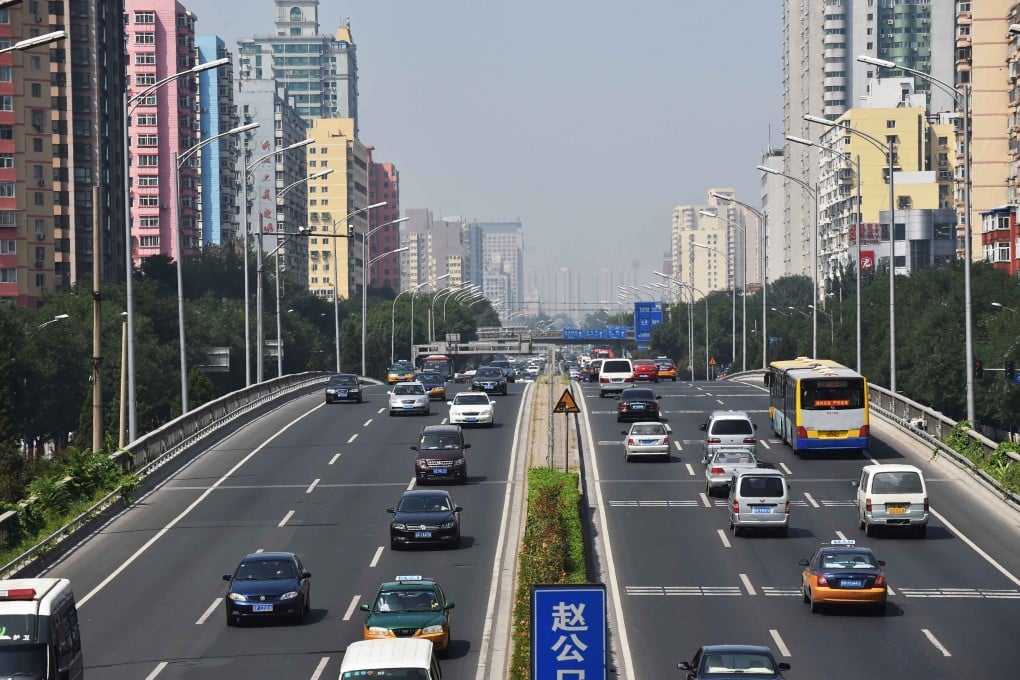Do some Chinese drivers prefer to kill than just injure pedestrians? US lawyer explains a twisted road logic
It seemed too shocking and warped to be true: that there exists an "unspoken rule" among Chinese drivers that it is better to leave a pedestrian dead than alive if they are accidentally run over by one's vehicle.

It seemed too shocking and warped to be true: that there exists an "unspoken rule" among Chinese drivers that it is better to leave a pedestrian dead than alive if they are accidentally run over by one's vehicle.
Sant first heard about the concept of "hit to kill" when he was living in Taiwan from 1996 and 2000. He also lived in other parts of Asia until 2003.
However, some readers commenting on the story questioned the veracity of the claim, saying there was a lack of statistics and that it painted an incomplete picture of Chinese drivers. Taiwan and the mainland have different regulations on traffic and compensation, with Taiwan having traffic courts that can handle criminal cases involving drivers.
Still, his article titled "Driven to kill" has been shared 99,100 times on Facebook, drawn more than 1,200 comments (mostly shock and disbelief) and even inspired Slate to host an online question-and-answer session with Sant.
Here, Sant - who still spends "extended periods of time" in China, including Hong Kong - answers queries from the South China Morning Post on justice, driving in China and scepticism over the "hit to kill" phenomenon.